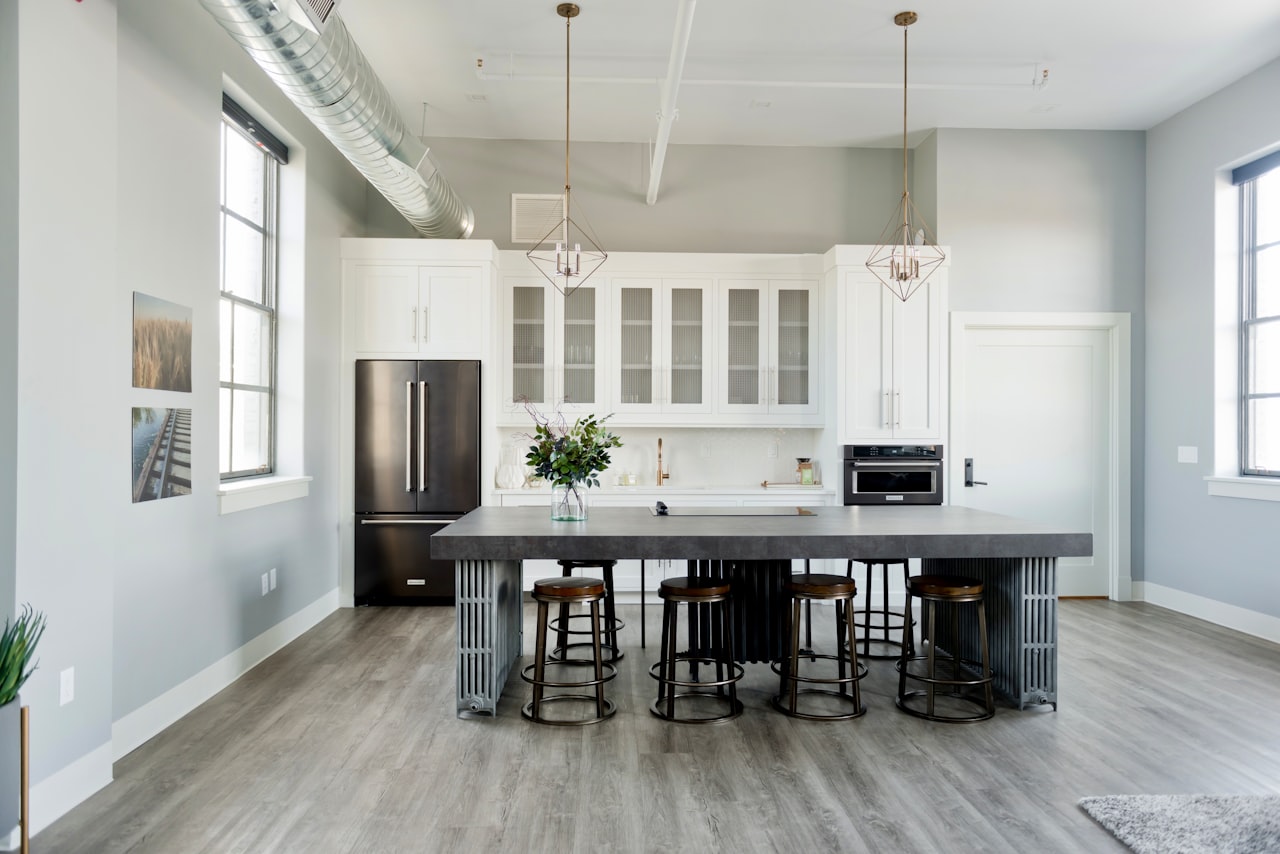Buying a home is one of the most significant investments most people make. To protect this investment, conducting a thorough home inspection before finalizing the purchase is crucial. Home inspections can uncover hidden issues that may affect the value or safety of a property. By understanding the process and what to look for, buyers can ensure they are making a sound decision. This guide unveils the importance of a home inspection before buying.
The Purpose of a Home Inspection
The primary goal of a home inspection is to identify any structural or mechanical issues with the property. While many homes may appear in excellent condition at first glance, problems such as faulty electrical systems, plumbing issues, or structural defects can lurk beneath the surface. By hiring a certified home inspector, buyers gain access to an expert who can assess the home's true condition and provide an unbiased report.
A home inspection typically covers various components of the property, including the foundation, roof, walls, ceilings, floors, windows, and doors. Inspectors also assess major systems such as plumbing, electrical wiring, heating, and cooling. Even cosmetic issues like water damage, cracks, or mold can signal more significant underlying problems that require further investigation.
How to Choose a Qualified Home Inspector
Finding a qualified home inspector is critical to ensuring a comprehensive property evaluation. Buyers should seek a licensed and certified inspector with experience in residential properties.
It is essential to interview potential inspectors and ask about their experience, certifications, and approach to inspections. Buyers should also request sample reports to get an idea of the inspector's thoroughness and attention to detail. Choosing a home inspector with a strong reputation and extensive experience is essential to obtaining an accurate assessment of the property.
What to Expect During the Home Inspection Process
The home inspection process typically takes a few hours, depending on the size and condition of the property. The buyer is encouraged to attend the inspection, as this allows for a firsthand understanding of the property's issues. During the inspection, the inspector will examine the interior and exterior of the home, assessing its overall condition.
The inspector will test major systems such as plumbing, electrical, and HVAC to ensure they are functioning correctly. The inspection also includes a detailed look at the home’s structural components, including the foundation, roof, walls, and windows. Inspectors often use specialized equipment, such as moisture meters or infrared cameras, to detect hidden issues like water leaks or insulation problems.
Common Issues Found During Inspections
Several common issues may arise during a home inspection. While some problems may be minor and easily repaired, others could indicate more serious concerns. Buyers should be prepared for potential findings such as:
-
Roofing problems, including missing or damaged shingles, leaks, or improper installation.
-
Foundation issues, such as cracks, settling, or drainage problems that could affect the stability of the home.
-
Electrical problems, including outdated wiring, faulty circuits, or insufficient capacity to support modern appliances and electronics.
-
Plumbing issues, such as leaks, outdated piping, or inadequate water pressure.
-
HVAC concerns, like inefficient heating or cooling systems, clogged filters, or damaged ducts.
These issues may not always be deal breakers, but they are essential to be aware of before finalizing a purchase. The buyer may negotiate repairs with the seller or use the findings as leverage to adjust the purchase price.
What to Do After Receiving the Home Inspection Report
Once the inspection is complete, the buyer should thoroughly review the inspector's report. This document will serve as a roadmap for addressing any issues with the property. Buyers may want to consult with contractors or specialists to get estimates for any necessary repairs. If significant problems are uncovered, the buyer can negotiate with the seller for repairs, price reductions, or credits to cover the cost of fixing the issues.
In some cases, buyers may choose to walk away from the deal if the inspection reveals significant problems that the seller is unwilling or unable to address. However, for many minor issues, buyers and sellers can reach an agreement to ensure that repairs are made before closing.
The Importance of a Final Walkthrough
After the inspection process and any necessary repairs, the buyer should conduct a final walkthrough of the property before closing. This walkthrough allows the buyer to verify that the agreed-upon repairs have been completed and that no new issues have arisen since the inspection.
During the final walkthrough, the buyer should check that all major systems, such as plumbing, heating, and electrical, are in good working order. The buyer should also ensure that any repairs outlined in the inspection report have been properly addressed. If there are any remaining concerns, they should be raised with the seller before the closing.
Ready to Make Your Next Move?
A home inspection is an essential step in the home-buying process. It provides buyers with the information they need to make an informed decision about their investment and safeguards both the buyer's finances and their future in the new home.
Whether you’re buying your first home or looking to invest, contact The MacDonald Team today and start your journey toward securing your dream home.
Check out Main Line real estate for sale.
*Header photo courtesy of The MacDonald Team
















































































